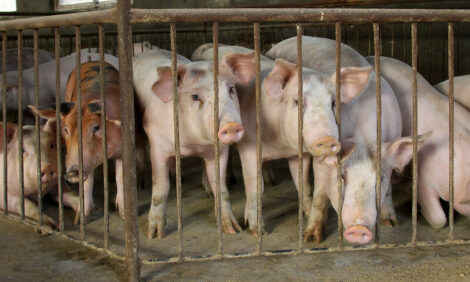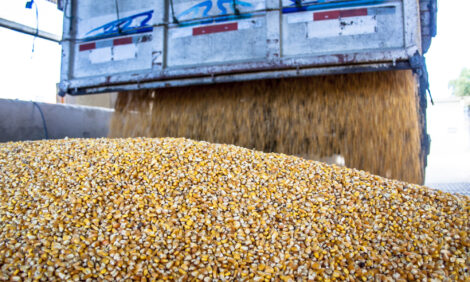



Jim Long Pork Commentary: Lean hog prices continue to rise
Iowa\Southern Minnesota Lean Hog Price closed last Friday at 79.81₵ lb. It has risen from 63.97₵ lb. average in December. Last February Iowa\Southern Minnesota averaged 58.33₵ lb. The last time Iowa\Southern Minnesota was this high was in February 2014 during PED epidemic when it was 86.72₵ lb.Obviously, supply-demand of pork is pushing prices higher. No one and certainly not packers pay more than they have to.
This is going to get more interesting. Packers have had the longest run of the best gross margins in history. They don’t want to give that up if they can help it. Who would?
Where we are at in our opinion is a point of reckoning. We all want to see our own story in data and reports. Packers one side, producers another.
We expect Packers are looking at USDA reports and Chicken Little Economist analysis that says there will be more U.S. Pork in 2021 than 2020. USDA this week projected 28,724 million pounds (2021) versus 28,314 in 2020. If we were a packer we would gravitate to this information. We all search for what we want to hear. This information is helping to maintain current large gross packer margins ($30+) Packers hope it's right and their fun will continue.
Producers on the other hand can see U.S. Pork Cut-outs in the 90’s despite kills of 2.6 million a week plus. Producers see hog weights have declined 5 lbs. since the first part of January. Producers know there has been significantly more PRRS and PED this year compared to last. Official lab reports indicate 30% more positives this year compared to last.
40 lb. cash feeder pigs last week averaged $88 - $30 per head more than a year ago. Many stories of empty finishing spaces that add up in the millions. Every pig is in a barn. No one has barns to be empty. The $88 feeder pig price is the cost to get pigs for these empty spaces.
It defies logic that there would be more pigs in 2021 than 2020. The financial losses of 2020 were unprecedented. The average Iowa\Southern Minnesota price in 2020 was $61.05. This was lowest annual price since 2009. The U.S. 40 lb. feeder pig price average in 2021 was $36.98. We have data back to 2000 and no year was this low. No way have huge financial losses make more pigs.
There was sow liquidation, a combination of producers exiting, and also a lack of gilt retention in sow herds. The average sow mortality is at least 1% per month. If you don’t have constant schedule to bring in gilts the herd declines.
We sell Genetics. We observed individual farms lower gilt purchases. We expect many sow herds have fewer females in inventory today compared to a year ago. That leads to fewer pigs.
Year to date, 2 months in, U.S. slaughter is 3.8% lower. Hard to believe all of a sudden slaughter will exceed last year (other than we go into comparing to last year’s pandemic shortened weeks). We believe the reckoning is coming. Slaughter will be declining, cut-outs-hog prices will continue to move higher. We expect Gross Packer Margins will decline as they have to chase fewer hogs or lose market share to competitors. We expect lean hogs reaching a $1.00 plus this year.
China
China's hog price has declined over the last few weeks, but still real high at 31.78 rmb\kg ($2.23 U.S. liveweight a lb.). We expect part of this is from liquidation of pigs due to ASF. During an ASF break, it's common practice in China to dump inventory, slaughter sows, all weights of pigs.
Reports are 18-20% of all China slaughter pigs currently are below normal slaughter weight. That could be 1.5 to 2 million lighter pigs a week. This, short-term, puts more pork into market which will cut hog prices. It also probably slows down pork imports temporarily.
There are reports that 15% plus of China's sows have been slaughtered in the last 3 months due to ASF issues. Could be 5 plus million sows (80 million-plus pigs annually). Heaven knows just how many pigs have died that won’t get to market.
If correct a big setback to China’s domestic supply recovery. It also could mean a temporary slowdown in pork imports but in future more and longer time of pork importation.
This import scenario would continue to support hog prices in Europe, Brazil, and North America throughout most of 2021 and into 2022.








